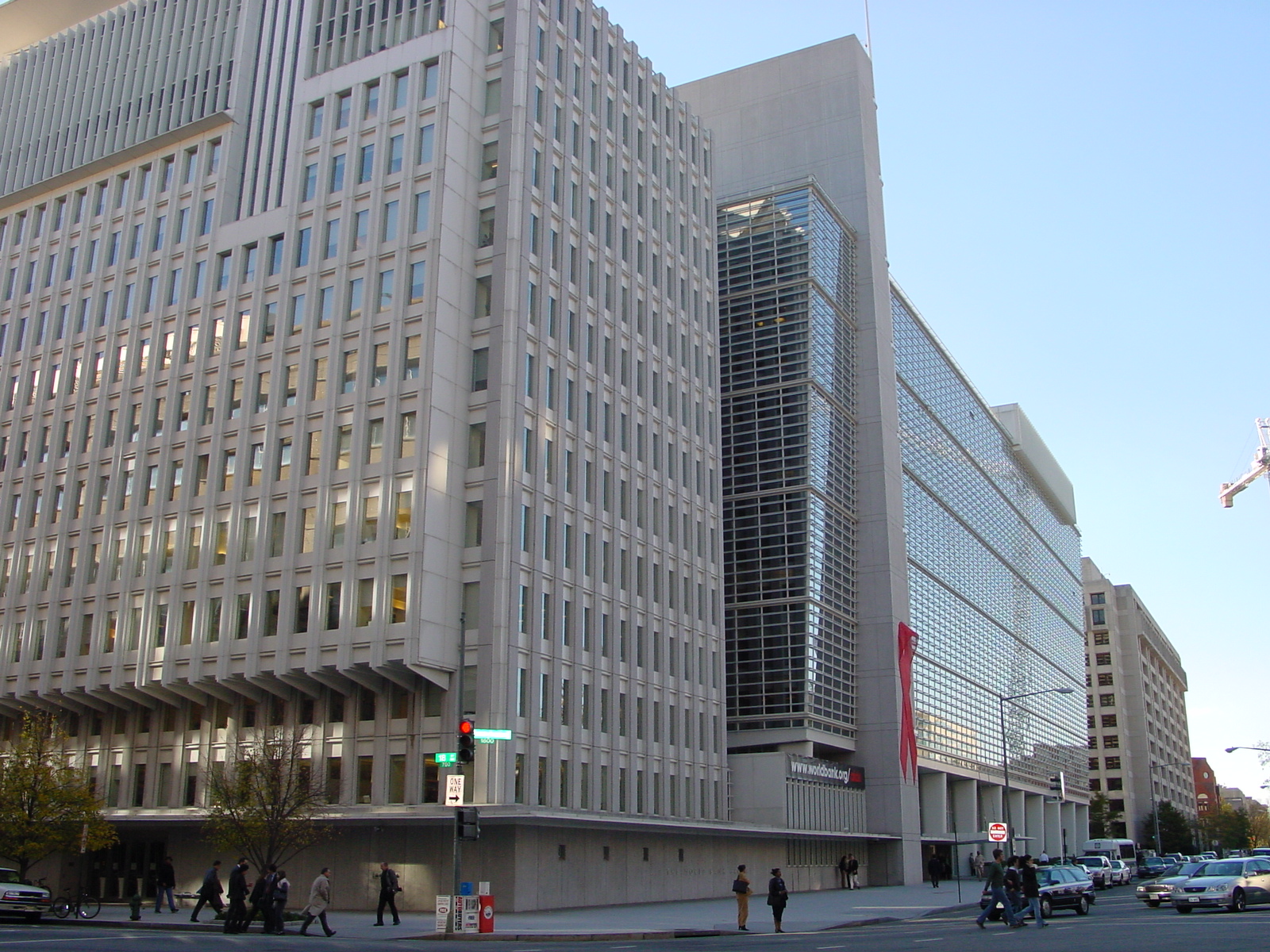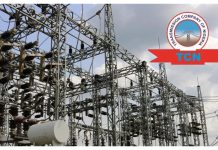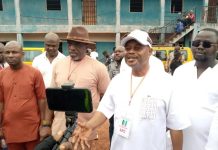The World Bank on Wednesday said land administration in Nigeria remains a critical problem that should be checked in order to improve the country’s ease of doing business ranking.
In a release “Doing Business 2020; Catalysing private sector investment in the states,” the bank said transferring property in Nigeria requires on average 12 procedures.
It also said it costs more than 15 per cent of the property value, making the process twice as cumbersome and expensive as in the average economy in Sub-Saharan Africa.
The release followed a workshop of key stakeholders from states, the federal government and the private sector, convened Tuesday by the World Bank in partnership with the Presidential Enabling Business Council (PEBEC) and the Nigeria Governors Forum.
The workshop was held to discuss the challenge of catalysing private investment and job creation in the states and what needed to be done to improve the enabling environment for businesses at the state level.
Nigeria in the latest World Bank Ease of Doing Business report 2020, made a notable improvement by moving 15 places up to emerge 131 out of 190 countries.
The bank said Nigeria has been among the top 10 reforming economies, moving up twice in the last three years during which it moved up 38 spots in the global rankings from 169th in 2017 to 131st this year.
It attributed the progress to key reforms implemented by the Presidential Enabling Business Environment Council (PEBEC). These reforms aim to make it easier for firms to do business by removing bottlenecks affecting business and property registration, access to finance, payment of taxes, construction permits, access to electricity, import and export of goods, as well as entry into and exit from Nigeria.
It also cited that the significant progress made by the Corporate Affairs Commission (CAC) in simplifying registration processes by streamlining the application form, introducing online registration and collaborating with FIRS to introduce e-stamping to the registration process.
These changes, the bank said, led to a reduction in the registration time significantly from 30 days in 2016 to seven days as of the latest report. Within the last year, the registration fee for SMEs was also reduced by half.
It also said the elimination of the infrastructure development charge for warehouses in Lagos State contributed significantly to the progress made in dealing with construction permits.
At the subnational level, it said 29 states implemented 43 reforms in the last four years with Kaduna, Enugu, Lagos, Abia and Anambra states making the most progress.
It said the time to enforce contracts was cut nearly in half in Enugu State.
“Kaduna stands out for having engaged in a holistic reform effort in the four areas measured by the subnational report and is now the top-ranked state in the area of registering property and enforcing contracts,” it said.
It also said the subnational report shows that there is a lot of opportunities for states to learn from each other, as no single Nigerian state dominates the indicator rankings across all areas benchmarked.
The results show that most states, if not all, have something to showcase and something to learn.
According to the World Bank’s Country Director for Nigeria, Shubham Chaudhuri, the new rankings show that Nigeria has made substantial progress.
However, he said there is much that still remains to be done.
“We, at the World Bank Group, look forward to continuing to work with states and federal governments as well as the private sector on this important agenda and build on the existing reform momentum.
“Political leadership and robust institutional mechanisms and action at the state-level will be especially critical for continuing and even accelerating the progress made thus far,” he said.
In her remarks, the special adviser to the President on Ease of Doing Business, Jumoke Oduwole, said Nigeria has an ambitious target of being ranked among the top 70 countries on the World Bank ease of doing business report by 2023.
“The PEBEC is therefore committed to fostering more engagement among reform-implementing organs of government towards making Nigeria a progressively easier place to do business,” Mrs Oduwole said.







